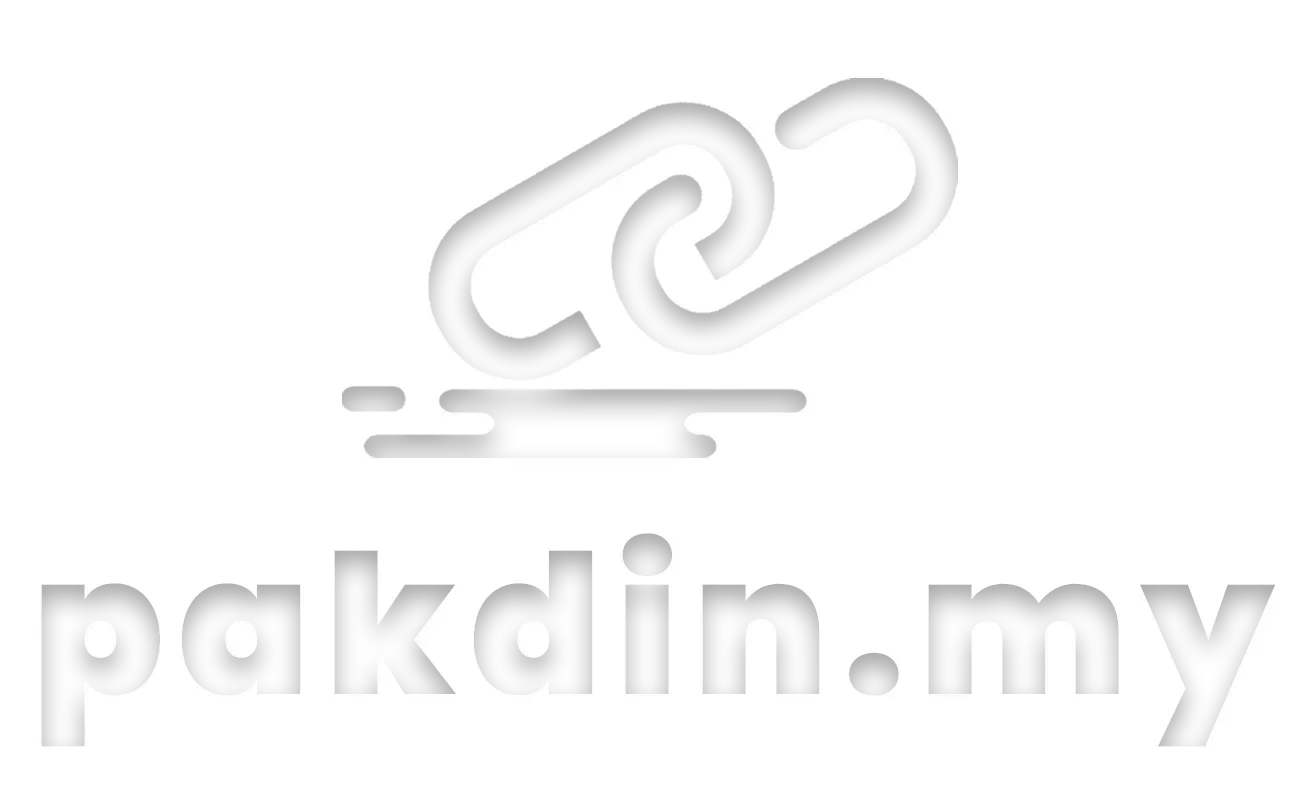Sarawak stands as a shining example of harmonious coexistence among diverse ethnicities and religions. Whether it’s communities celebrating festivals together, people of different faiths participating in each other’s rituals, or people of different races running businesses and dining side by side in the same shops—even Malay families inviting lion dance troupes to perform during Hari Raya—these beautiful scenes epitomize Sarawak’s multicultural integration, inspiring immense pride and admiration. (1)
However, as the saying goes, “one bad apple spoils the whole barrel.” While the internet has become a vital platform for daily communication, some individuals with ulterior motives hide behind screens, using their keyboards to spread divisive rhetoric that undermines social harmony. They attack different ethnic and religious groups, eroding unity.
Recently, I watched a Facebook livestream of a religious procession—an event meant to showcase local cultural heritage. Shockingly, a viewer in the comments section began posting extremist remarks attacking others’ beliefs. Despite being called out by other users, the individual escalated their vitriol. Fortunately, the livestream host swiftly banned and removed the offender, preventing further spread of hateful content. This decisive action was commendable.
This incident raises a critical question: Should individuals be allowed to spew reckless remarks online without accountability? While everyone has freedom of speech, irresponsible statements not only harm others but also fracture social harmony and may even violate laws. Thus, every individual must take responsibility for their words.
As rational netizens, we must courageously confront malicious or inflammatory rhetoric online. We should also cultivate discernment to distinguish truth from falsehood, resisting manipulation by misinformation or sensationalist narratives.
Influencers and livestream hosts, as public figures, bear a social responsibility to promote positive values. When creating content, they must rigorously vet materials, ensure appropriateness, and avoid negatively impacting audiences—particularly impressionable youth.
In an era of rapid technological advancement and ubiquitous internet access, building a civilized and orderly cyberspace requires collective effort from all sectors of society. We must shield future generations from the toxins of online hostility.
(1) In Sarawak, the ethnic groups include Iban (around 30%), Malay (around 25%), Chinese (around 23%), Bidayuh (around 8%), and Melanau (around 5%). Christianity is the largest religion at 50.1%, followed by Islam: 34.2%, Buddhism: 12.8%, No Religion/Unknown: 2.2%, Others: 0.5%, Hinduism: 0.1%.










































